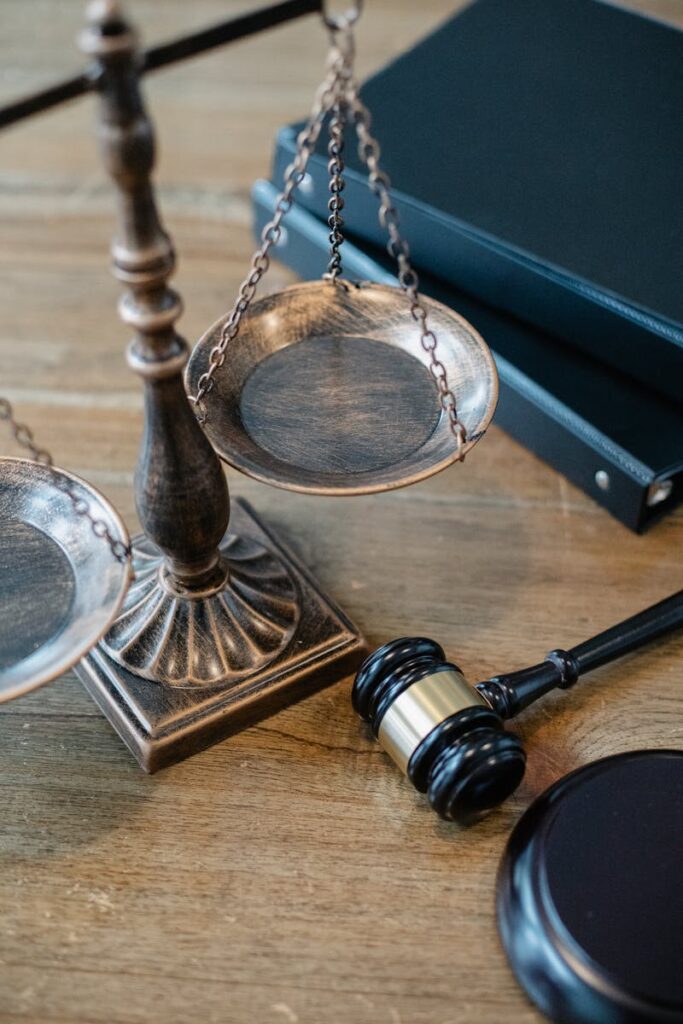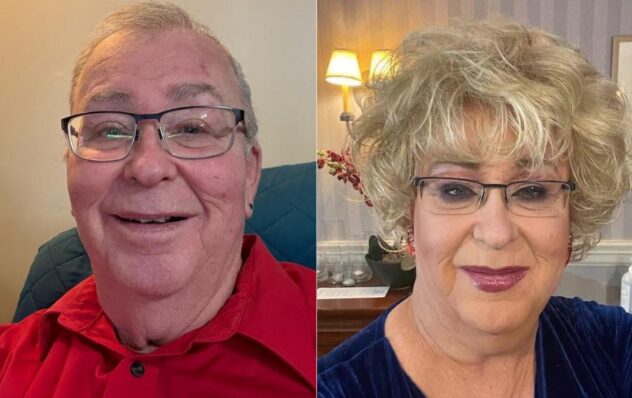
Recently, I sat in a Toronto courtroom and watched some of the best defamation lawyers in Canada pick through Jesse Brown and Canadaland’s reporting on WE Charity. It was a skillful dissection of a grotesque injustice that was done to an elderly lady who couldn’t fight back without resorting to the courts.
Theresa Kielburger, a retired schoolteacher with an astonishing work ethic that she passed to her sons, sat near me. She seemed distressed and looked like she wanted to stand and tell her story to the judge, because, until that day, her side of a series of cruel and false accusations had not been heard in public.
In Canadaland’s “White Saviors” podcast (“saviors” being spelled the American way to increase foreign interest in Canadaland and amplify the damage to WE and the Kielburger family), Mrs. Kielburger was accused of diverting donations to Free the Children (the predecessor to WE Charity).
The podcast repeated a libel that appeared in a Saturday Night magazine article written by Isabel Vincent in 1996. That article depicted Mrs. Kielburger as a puppeteer, using her son in a campaign that generated hefty donations and speaking fees. Yet there was nothing in the piece to back up this characterization other than the inclusion of a few non-facts.
Vincent wrote that donations and fees were going into the family bank account. They weren’t. The Ontario Federation of Labour (OFL) was handling the money. When that issue of Saturday Night came out, senior OFL people and the union’s accountant wrote to the magazine to set the record straight. The Kielburgers asked for a retraction. They were ignored. So 13 year old Craig Kielburger, represented by a legal guardian, sued the magazine. Eventually, they settled out of court for about as much as the family would have received if the case had gone to trial.
They used the money to pay their lawyers, put the rest in a trust that Craig was to receive when he was 18 (he donated the money to WE). Isabel Vincent ended up at the tabloid New York Post and Saturday Night was eventually folded.
Which is where things would have remained if Canadaland publisher Jesse Brown hadn’t begun his campaign against WE Charity, first with a string of ludicrous articles that were mixtures of tortured facts and bad arguments, then with his White Saviors podcasts, the thesis of which were that WE was a scam created to enrich the Kielburgers personally.
Canadaland’s reporters knew about the OFL and accountant letters from 1996 clearing Ms. Kielburger, but this fact wasn’t mentioned in the podcast.
So, Mrs. Kielburger sued Canadaland, Jesse Brown, reporter Jaren Kerr (who had since been hired by the Globe and Mail)¸ Canadaland’s news editor Jonathan Goldsbie, Olusola Adeogun, a narrator with a heavy East African accent who was never heard from again on Canadaland, Vincent, and several others connected with the making of the broadcast.
Canadaland responded by filing a motion under Sec. 137. of the Courts of Justice Act (Ontario). This law allows a judge to throw out a case if the defence can show it was a lawsuit with minimal merit meant to stifle debate on a matter of public interest. This law has become the main hurdle in defamation actions.
Mrs. Kielburger was represented in court by Will McDowell and Peter Downard, who are brilliant lawyers. The other side also had superb counsel with Brendan Hughes (for Canadaland and Iain McKinnon (for Vincent) who did about as much as they could with the case they had.
Justice E.M. Morgan was unreadable, and I was unsure about the outcome when I left the courtroom. On May 8, 2024, he released his ruling that the case must go to trial, finding “…there is substantial merit in the claim against Brown and Canadaland…” and “…there is no reason to believe that Brown and Canadaland have any valid defence.”
He also wrote: “The Plaintiff’s testimony in this respect was credible and impactful. It was especially poignant in comparison with the callous disregard of reputation and personal damage expressed by Brown toward the Plaintiff.”
He also addressed the cruelty of Brown “…[F]rom Brown’s point of view the Plaintiff’s feelings are worth nothing; he was only concerned to cover himself and his company … The fact that he was speaking about the Plaintiff, and imposing personal pain on the Plaintiff by repeating an allegation about her that he was aware had been seriously contested, if not established as entirely false, was seen by him as irrelevant.”
And the judge went on to find: “Brown and Canadaland were aware of, but never mentioned, the accountant’s letter and the OFL’s letter that appear to disprove this allegation about where the funds were deposited. The Plaintiff has reason to believe that Brown, Canadaland, and its related Defendants have no defence of fair comment with respect to this statement.”
The judge decided Vincent had been careful enough with her words that she should be dropped as a party in this lawsuit. Brown, the judge found, had fed her quotes and torqued her words to make them more sensational and damning.
The decision is a good indication of how this case will be decided at trial. It’s a crushing rebuke that would shake up any journalist who had some integrity, the kind of judicial reprimand that would end the careers of most journalists. Yet Kerr, Goldsbie and Brown still have jobs. No media outlets were at the hearing, none reported on the result.
I suspect many editors have realized they made a gross mistake when they bullied WE Charity, heaped false accusations on it, and drove it from Canada. But they’ve circled the wagons and have, essentially, imposed a news blackout on anything that might call their WE coverage into question. The losers are Canadian youth and the kids in Kenya who have less chance of getting an education because of the damage done to WE.
I see this entire scandal as a turning point in Canadian history. It’s a case study of the abject failure of Canada’s media and political clique that opened the door to what I expect to be a populist takeover of Canada. We will suffer the damage of this on our streets, in our courts, and in our environment. It will be a lesson in consequences. So I am writing a book about it.
Justice Morgan wrote: “A broadcaster’s duty of fairness extends to any and all targets of their broadcast, not only to those who had previously sued them.”
That’s something any decent broadcaster would already know.
-Mark Bourrie is a Canadian journalist, lawyer and award winning author. Mark Bourrie, PhD has been a member of the Parliamentary Press Gallery since 1994. He previously taught media history and journalism at Concordia University. Mark is the author of 13 best-selling books including having won the RBC Taylor Prize.













